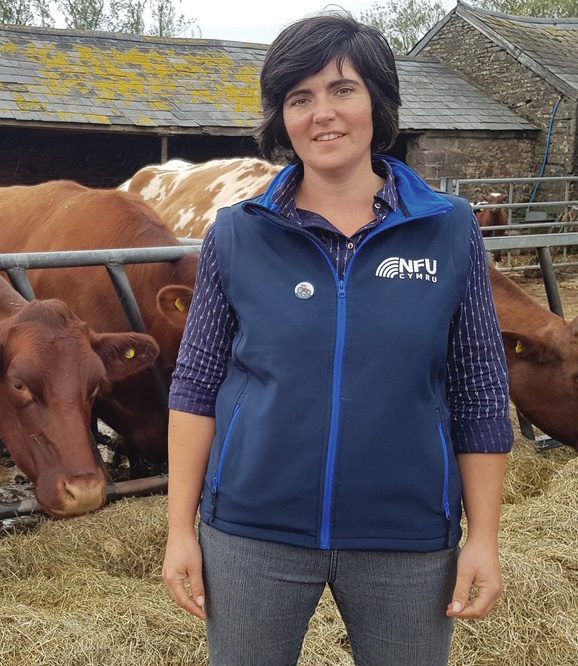Will Britain’s rebound lead to a meaningful relationship?
Fresh from ditching membership of the European Union, Britain has joined the Pacific trade group CPTPP. By Tim Price.

Baffled Brits recently woke up to front-page headlines triumphantly announcing that the United Kingdom had joined CPTPP (Comprehensive and Progressive Agreement for Trans- Pacific Partnership). And when they read the articles under the headlines they were even more confused.
Britain had left the European Union, causing massive economic damage because the EU was said by opponents to be ‘bureaucratic and undemocratic’.
So why had they just signed up to another trade partnership, with more rules and regs, on the other side of the world?
It’s certainly not based on economics. The UK government forecasts the partnership could increase UK trade by 0.08% over the next decade. That hardly compares with 4% lost by cutting its relationship with its near neighbours in the EU through Brexit.
The reason is more prosaic.
After leaving the EU, the UK sought rebound relationships, just like a spurned lover. The result was last year’s rushed trade deals which opened up export opportunities for Australian and New Zealand farmers but offered British farmers next to nothing. The deals were the work of Government minister Liz Truss. Later last year her bold but misjudged ideas for the British economy resulted in her being ejected as the British Prime Minister after just 49 days in office.
While CPTPP offers crumbs for British exporters, the main reason for joining is desperation for a UK/ United States trade deal. Before Britain left the EU US President Donald Trump blew hot; then went cold. Joe Biden has refused to contemplate the idea.
The US has also lost interest in the TransPacific partnership, but the British government is pinning its hopes on a future US entry – getting a trade deal by the back door. Cunning plan? We’ll have to wait and see.
Before the UK joining, other members were: Australia, Brunei, Canada, Chile, Japan, Malaysia, Mexico, New Zealand, Peru, Singapore, and Vietnam.
Joining CPTPP has received a cautious welcome from UK dairy farming leaders. They expect it will help them export to developing markets across the Pacific rim. However, they remain wary that the deal will allow imported foods from countries with lower welfare standards. Welsh dairy farmer and National Farmers Union of Wales deputy president Abi Reader retains a positive outlook for the sector.
“CPTPP should be good for Wales. Half of our milk already goes for cheese production – much of which is exported – so we are well geared up to capitalise on new opportunities.
“There is strong demand for traditional Welsh cheeses like Caerphilly in the developing Eastern markets – we’ll probably see farmers introducing different cattle breeds to produce milk suitable for cheese.
“After the debacle of the give-away trade deals with Australia and New Zealand, the National Farmers Union has worked closely with the Government to ensure we do better in future deals.
“The TransPacific deal wasn’t a surprise – although it came together very quickly. It’s certainly a better deal for our farmers than last year’s New Zealand and Australia deals when the Government gave trade opportunities away while giving UK farmers nothing in return.
“We’re well aware that many of the current CPTPP members are aggressive exporters, so we know that we’ll need to market our products professionally to succeed.” More prominent in dairy farmers’ minds than CPTPP are the immediate challenges of staying afloat amidst high feed, energy and fertiliser prices while farm gate milk prices are plummeting.
To add to the mix, government support for farms is changing as former EU payments are phased out, replaced by a complicated system of grants based on environmental improvements – the Environmental Land Management Scheme (ELMS).
Wales, the hilly country on the west of Britain, is imposing stringent restrictions on nitrate seepage into water courses.
Other parts of the UK designate specific areas around watercourses as Nitrate Vulnerable Zones, (NVZs). Wales has declared the whole country as an NVZ – bringing huge costs to its farmers.

“Welsh dairy farmers’ immediate challenge is complying with new nitrate regulations which require major investment in waste handling and will also slash cattle grazing rates,” Abi said.
“Average costs of bringing slurry storage and management up to scratch were estimated at £85,000 (NZ$170,000) per farm three years ago and the effects of Brexit and Covid have effectively doubled that figure today.
“Farmers without clear succession sorted or with old facilities costing a fortune to upgrade may wonder about continuing. That provides lots of opportunities for young people with fresh ideas and lots of energy to set up or go home and take over the reins on family farms.”
After a profitable 2022, when milk prices rose as demand for dairy products grew following Covid, dairies are slashing farmgate prices.
For many farmers, the latest raft of dairy price cuts means next month’s milk cheque will see only NZ6 cents/litre while production costs are in the mid NZ8 cents/l range.
“We’ve seen the biggest milk price drops I’ve ever known,” she said.
“Dairy farmers are just having to grit their teeth and hang on, hoping the market will stabilise. The NFU is pushing hard for a new dairy code of conduct which will prevent dairies imposing unfair terms on producers.”
Welsh farmers now have the option of ongoing support in return for taking 10% of their land out of agricultural production.
Abi sees little enthusiasm for the scheme as fellow dairy farmers seek more grazing land to counteract the lower stocking rates demanded by the new nitrate rules.
“We’re not even looking at the farm support scheme,” Abi said.
“On our 700 acres (280 hectares), we would need to hand over 70 acres to planting. We can’t make the figures stack up so we’re currently sitting tight to see how milk prices change – but may need to reduce herd numbers from 220 to 190 to meet the NVZ regulations.”





